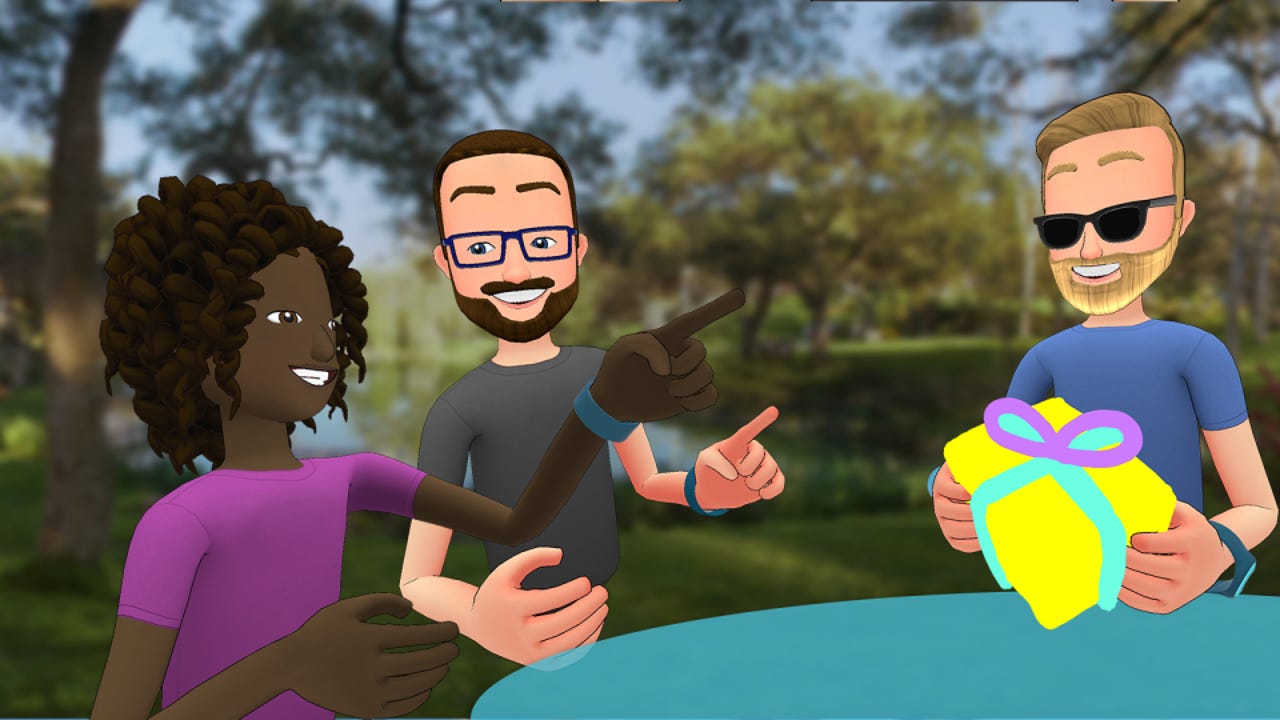Facebook unveils new AR, VR platforms and products


Facebook Spaces enables users to create their own avatars.
Facebook is taking major steps to advance augmented reality and virtual reality, with a new open platform to build camera-based AR tools, as well as a social virtual reality platform.
While the social media site was focused for the last decade on connecting friends and family, "our next focus is on building community," said CEO Mark Zuckerberg at F8, Facebook's annual developer conference.
The company's doing that in part with Facebook Spaces, it's new social VR product. Users can build an avatar and use Spaces to "spend time" with up to three other avatars. There are ways to enhance the interactive experience, such as drawing in the air with a virtual marker. Spaces is launching in beta for Oculus Rift and Touch on Tuesday and is available at the Oculus Store.
VR is "an extension of who you are," said Facebook's head of Social VR, Rachel Franklin. It "lets your humanity shine through."
Meanwhile, Facebook is also launching an open platform called Camera Effects for building augmented reality tools for its in-app camera.
"We're going to make the camera the first mainstream augmented reality platform," Zuckerberg said.
"I used to think glasses were going to be the first mainstream augmented reality platform," he said. However, camera-based AR tools and games like Pokemon Go and social media face filters represent "primitive versions" of this new platform. To push AR forward, there needs to be an open platform, Zuckerberg said.
The platform specifically includes two creative tools, Frame Studio and AR Studio, for creating a range of camera effects -- from simple frames to interactive AR experiences.
The new Facebook platform is launching in closed beta, and "it's going to take a while for this to develop," Zuckerberg said.
He acknowledged the company was "a little slow" to add a camera to its app -- it came just last month and was criticized for mimicking Snapchat -- but he expressed confidence that Facebook's new platform would have a significant impact. "Over time, I think this is going to be a really important technology that changes how we use our phones and eventually all of technology."
Facebook made its own AI-powered assistant for Messenger